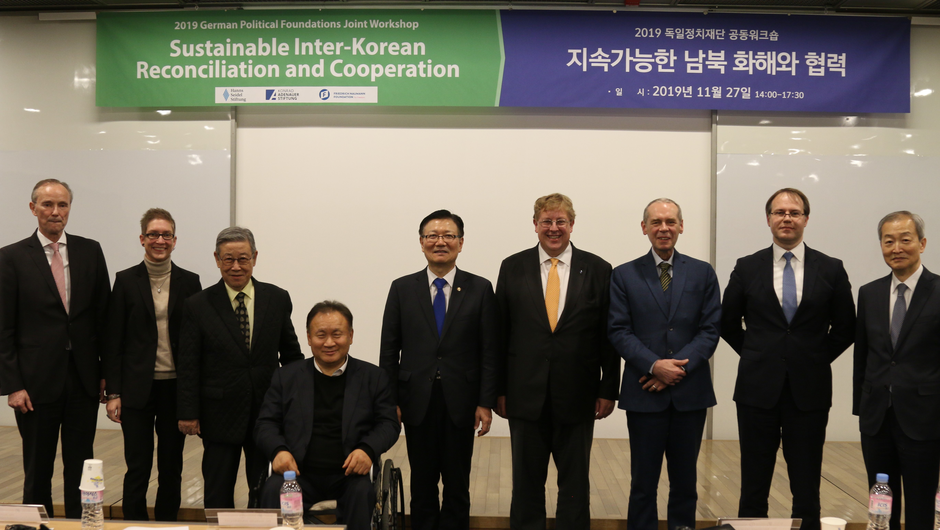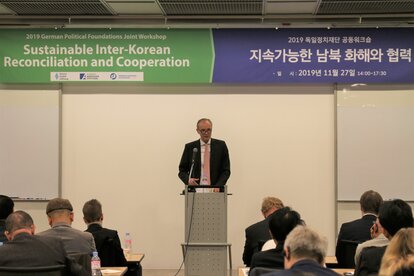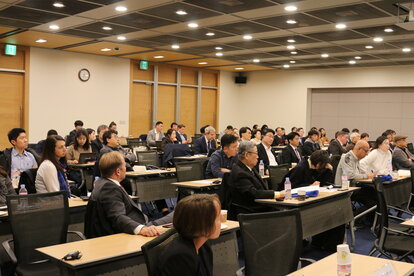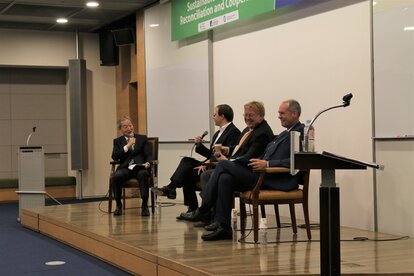Sustainable Inter-Korean Reconciliation and Cooperation

As tensions have been rising again recently on the Korean peninsula, the German political foundations recall the setbacks during Germany’s division, but in particular the successful gradual rapprochement contributing to the success of unification. What are the challenges and setbacks that lie ahead working with North Korea and how might cooperation and rapprochement with North Korea be possible in the future?
On November 27th, the Friedrich Naumann Foundation for Freedom in collaboration with the Konrad Adenauer Foundation and Hanns Seidel Foundation organized the joint workshop on “Sustainable Inter-Korean Reconciliation and Cooperation” to address these questions.
The workshop started with welcoming remarks by Vice-Minister of Unification Suh Ho, Mr. Lee Sangmin, President of the German-Korean Parliamentarians Friendship Association, and German Ambassador Stephan Auer.

The first presentation about the work of German Political Foundations in North Korea was delivered by Christian Taaks, Head of Friedrich Naumann Foundation Korea. He pointed out the importance of connecting the greater goals with suitable issues. The major goals are the building of capacities and trust. In the case of FNF, suitable venues for exchange encompasses issues such as environmental protection, economic development and sustainable urban planning.

Thereafter Bernhard Seliger, Head of Hanns Seidel Foundation Korea, stressed the significance of trust between partners. As trust only develops over the course of time and the adherence to boundaries and expectations, patience must never be lost.
Stefan Samse, Head of the Konrad Adenauer Foundation Korea, underlined in his presentation the need to focus on the goals and scale of the chosen projects. Too ambitious projects exceeding the capacity of the project partners not only fail, but also lead to frustration and, in the worst case, to the termination of further projects.

The audience was subsequently welcomed to pose their questions in the discussion session, chaired by Ambassador Ahn Ho-young, President of the University of North Korean Studies. Amongst others, questions were raised about how to maintain communication channels and how project ideas were jointly developed. All foundation representatives emphasized how important continuous communication is. As in all countries worldwide, project ideas are based on the needs and wishes of local partners, making them the decisive factor in choosing project ideas. North Korea is no different here.
We thank the many participants who joined the workshop as well as the colleagues from the other foundations for the great cooperation in organizing the event.